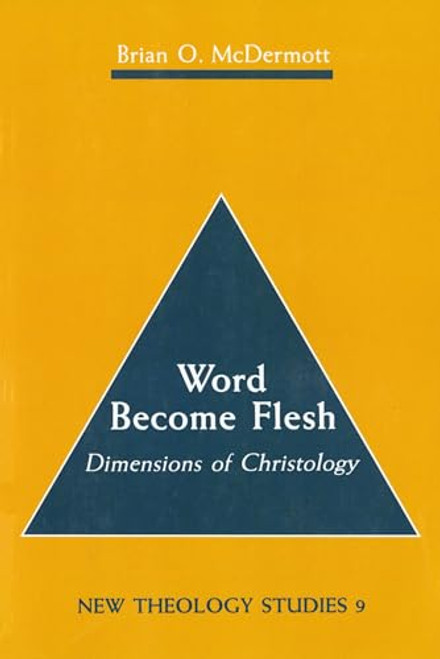Who is Jesus? This is the fundamental question for christology. The earliest Christians used various titles, most of them drawn from the Old Testament or Hebrew Scriptures, to express their faith in Jesus. They called him prophet, teacher, Messiah, Son of David, Son of Man, Lord, Son of God, Word of God, and occasionally even God. In Who Is Jesus? Thomas Rausch, S.J., focuses on the New Testament's rich variety of christologies.
Who Is Jesus? covers the three quests for the historical Jesus, the methods for retrieving the historical Jesus, the Jewish background, the Jesus movement, his preaching and ministry, death and resurrection, the various New Testament christologies, and the development of christological doctrine from the New Testament period to the Council of Chalcedon.
Chapters are The Three Quests for the Historical Jesus, *Methodological Considerations, - *The Jewish Background, - *Jesus and His Movement, - *The Preaching and Ministry of Jesus, - *The Death of Jesus, - *God Raised Him from the Dead, - *New Testament Christologies, - *From the New Testament to Chalcedon, - *Sin and Salvation, - and *A Contemporary Approach to Soteriology. -
Thomas P. Rausch, SJ, PhD, is the T. Marie Chilton Professor of Catholic Theology at Loyola Marymount University in Los Angeles. A specialist in ecclesiology, ecumenism, and the theology of the priesthood, he has published eight books including the award-winning Catholicism at the Dawn of the Third Millennium, The College Student's Introduction to Theology, andReconciling Faith and Reason: Apologists, Evangelists, and Theologians in a Divided Church, published by Liturgical Press.






